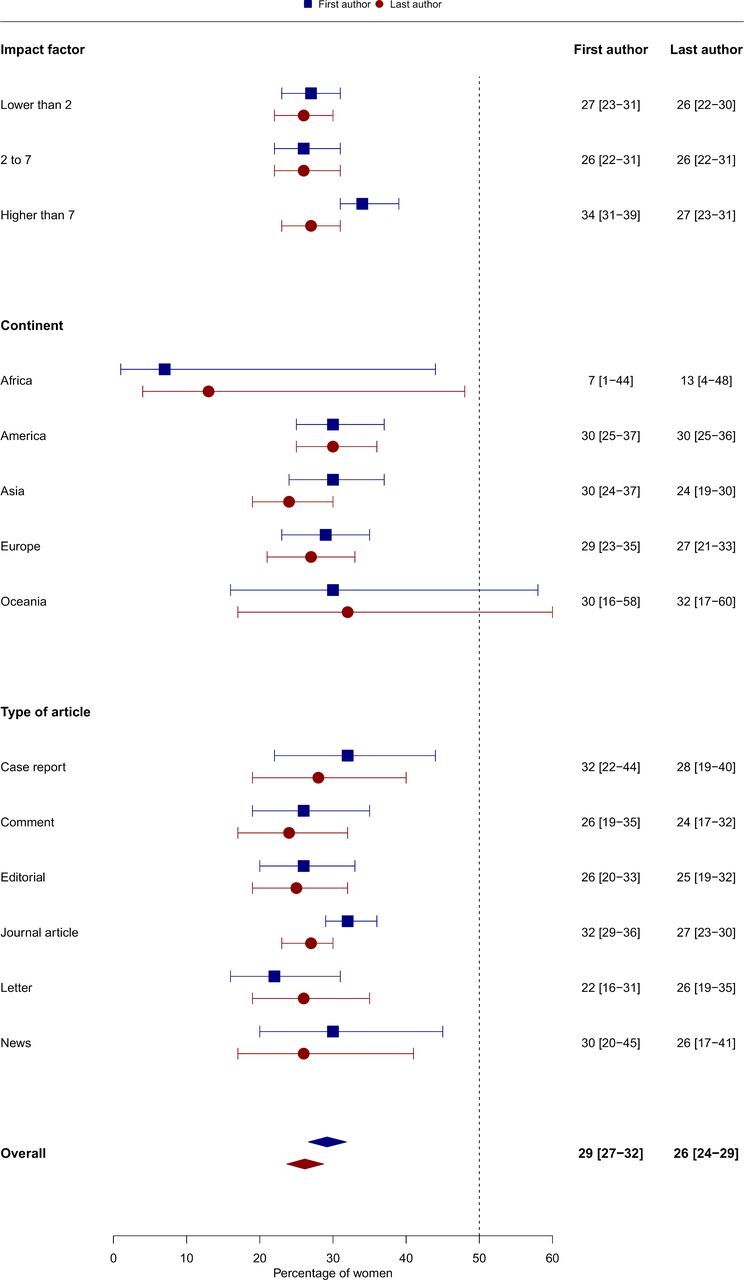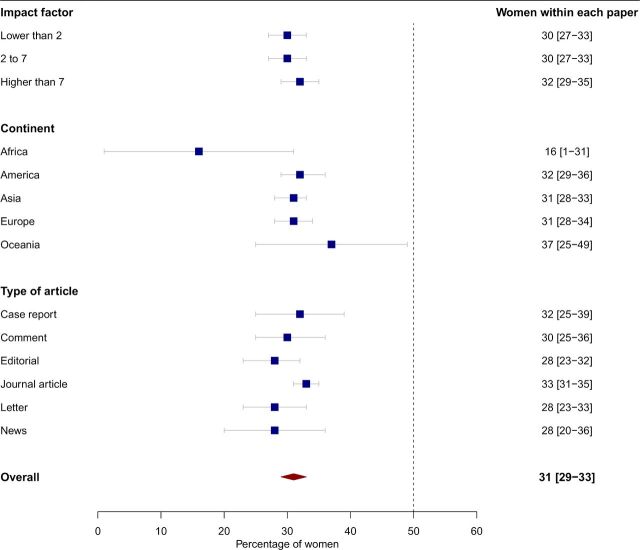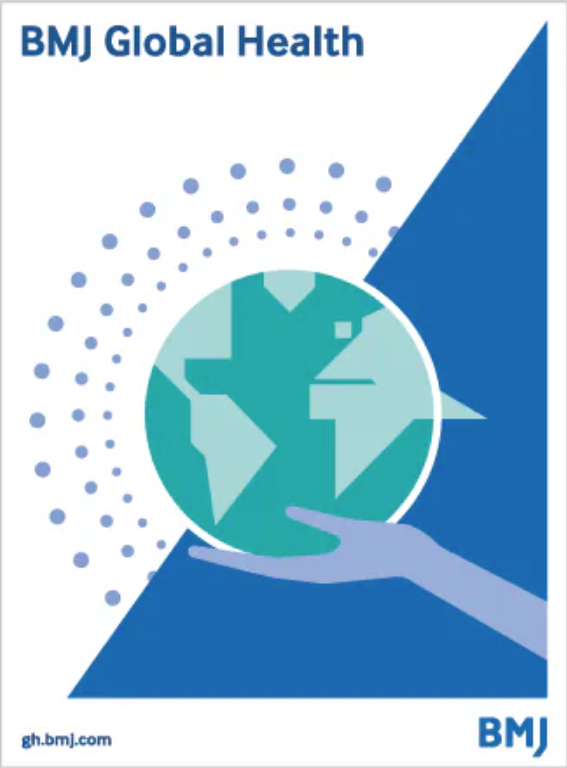Where are the women? Gender inequalities in COVID-19 research authorship.
IF 6.1
2区 医学
Q1 PUBLIC, ENVIRONMENTAL & OCCUPATIONAL HEALTH
引用次数: 177
Abstract
### Summary box Despite some progress over the last decade, gender inequalities persist in academic and research settings. Previous studies have shown that women have a lesser share of authorship positions overall and are less likely than men to be first or last author, the most relevant positions to career progression.1 The gap between total authorships for women and men has been stable in recent years, but has grown for senior authorships.2 With lockdowns enforced across the globe due to the COVID-19 pandemic, many researchers are now working from home and face competing demands from parenting, homeschooling and other caring duties. These roles are predominantly assumed by women, especially in countries with high gender inequality. Women’s representation in research generally, and specifically in the study of COVID-19, may be disproportionately affected by lockdown measures. Under-representation of female researchers tends to create under-representation of issues that are relevant to women in research — in our current situation this may create important gaps in our understanding of COVID-19. Therefore, we investigated whether gender differences existed in authorship of COVID-19 research since the onset of the pandemic. …


女人在哪里?COVID-19研究作者中的性别不平等。
本文章由计算机程序翻译,如有差异,请以英文原文为准。
求助全文
约1分钟内获得全文
求助全文
来源期刊

BMJ Global Health
Medicine-Health Policy
CiteScore
11.40
自引率
4.90%
发文量
429
审稿时长
18 weeks
期刊介绍:
BMJ Global Health is an online Open Access journal from BMJ that focuses on publishing high-quality peer-reviewed content pertinent to individuals engaged in global health, including policy makers, funders, researchers, clinicians, and frontline healthcare workers. The journal encompasses all facets of global health, with a special emphasis on submissions addressing underfunded areas such as non-communicable diseases (NCDs). It welcomes research across all study phases and designs, from study protocols to phase I trials to meta-analyses, including small or specialized studies. The journal also encourages opinionated discussions on controversial topics.
 求助内容:
求助内容: 应助结果提醒方式:
应助结果提醒方式:


